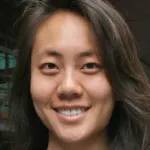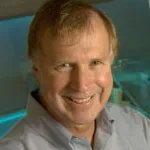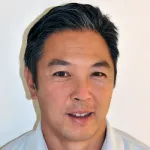
Home Department: Biology
Supported by: The Rose Hills Foundation
Mentor: Calvin Kuo, Medicine (Hematology)
In vitro cancer modeling is challenging due to the complex architecture of tumors and various tumor interactions with parenchymal and stromal compartments. Using tissue culture methods developed by the Kuo lab, Lillian will be characterizing immune cell populations and optimizing their preservation. The development and characterization of this system holds promise for studying tumor immunity and developing diagnostic assays for personalized cancer therapies.
Poster presented at the Stanford Bio-X Interdisciplinary Initiatives Symposium on August 24, 2016:
Characterizing and Maintaining Immune Cell Populations within Tumor Organoid Cultures
Lillian Liao1, James T. Neal1, Iris Liu1, Calvin Kuo1
[Department of Medicine (Division of Hematology)1, Stanford University]
Home Department: Biology
Supported by: Dean of Research
Mentor: Michael Clarke, Medicine (Oncology)
Lillian is investigating the mechanisms that regulate breast cancer stem cell self-renewal. Preliminary data from the Clarke lab suggest that overexpression of NGFR inhibits the growth of triple negative breast tumors in vivo, and that the cytokine TNF-alpha can upregulate NGFR expression in triple negative breast cancer cell lines (which have very little NGFR expression). She will first investigate the mechanism of NGFR and whether TNF-alpha can upregulate the NGFR gene through human cancer cell lines, and then use 3-D organoid culture systems to mimic in vivo conditions. It is pertinent to understand the mechanism by which NGFR can inhibit the growth of triple negative breast tumor since it can offer new therapeutic targets for a very aggressive form of breast cancer.
Poster presented at the Stanford Bio-X Interdisciplinary Initiatives Symposium on August 26, 2015:
Investigating the Regulation of NGFR in Human Triple Negative Breast Cancer Cells
Lillian Liao1, Meghah Vuppalapaty1, Angera Kuo1, Michael Clarke1
[Institute for Stem Cell Biology & Regenerative Medicine1, Stanford University]


